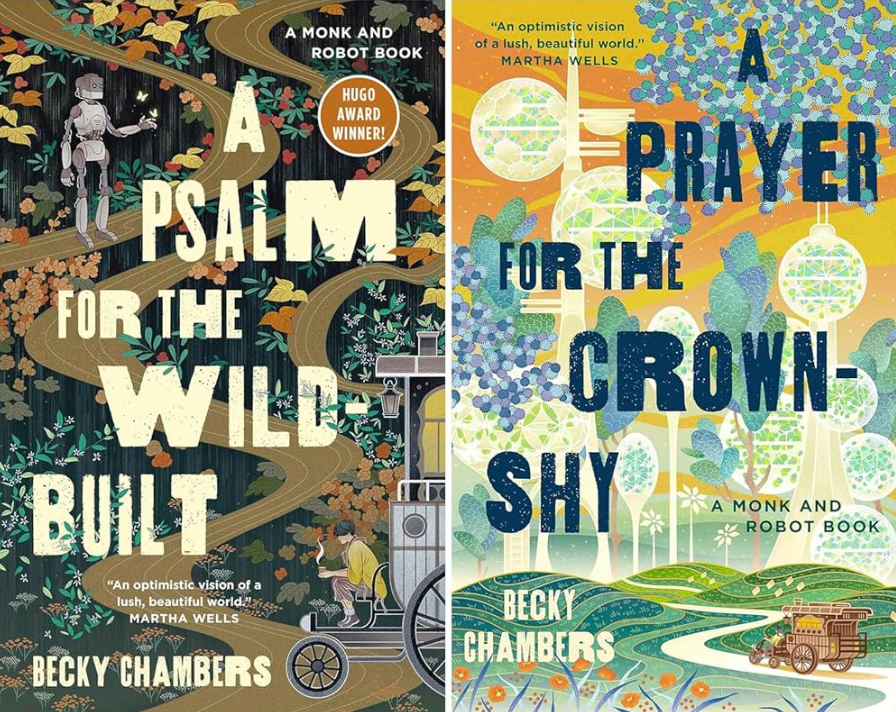How to Critically Read and Analyze Literary Texts
- muskaandadlani
- Nov 7, 2022
- 3 min read
Most students struggle with distinguishing the act of reading for enjoyment and reading academically. While the former doesn’t require much brainpower, the latter demands an alertness towards the smallest details that can easily be missed. So, here’s a guide on how to read literature through an analytical lens:
1. Understand the context of the text
Diving headfirst into a literary work can be confusing and frustrating as you get farther into the text. To avoid this, it’s imperative to devote time and research into understanding and investigating the context of what you’re reading.
Look up the author and their background; this will usually provide an insight into the author’s intentions and purpose for the text as well as the cultural setting. Generally, the cultural context of when and where the work was written, as well as where the events of the text are set, play a primary role in the message and central themes of the literature you are studying.
For instance, if you have been assigned to read Wuthering Heights by Emily Brontë for one of your courses, you must be aware of the class differences, political tensions, and gender roles in 19th century England. Moreover, it is also crucial to be aware of gothic literature and its history to be able to decipher Brontë’s writing and literary style in order to recognize and appreciate the theoretical aspects of the novel. Once you gather a decent understanding of the literary context, you will be able to break down the text through a critical lens.
2. Avoid summarizing
Anyone can summarize literary texts. Your job as a student is to break down the text, and consistently ask yourself: who, what, why, and how:
Who’s written this? What’s their background? What was their intention? Is there an allegorical message?
What’s the central idea/theme expressed in the work? Is this a recurring message in the author’s other works?
Why is this text important? Is it revolutionary for the time it was written in? Does it aim to communicate a moral/ethical message? Does it mark a watershed moment in the literary realm? Are there new writing techniques introduced in this work that have greatly influenced other authors?
How has it been written? What are the recurring literary techniques employed, and what is the effect on readers? Does it stray from literary norms? If so, why?
Keep asking yourself these questions as you work through the text.
Analytical skills refer to making connections to other subjects; authors of literature always write with intention. When your professor asks you to analyze something, they’re asking you to employ cognitive processes and identify hidden, and deeper meanings. Everything in literature is a symbol for something, even if the author did not mean for it to be. Highlight/annotate anything that stands out to you, even if it seems arbitrary. Ask yourself: Why is this specific part important? What does it say about the character? How does the writing style contribute to my understanding? Could this be foreshadowing? What impact does this have on the readers? Do I have enough evidence to support my opinion/answer?
3. Group discussions
Participating or closely listening to discussions that take place in class or in online forums are a great tool to help kickstart your analysis! Sometimes we have the answers but struggle to form our thoughts into words, and observing our peers’ thoughts can help put the puzzle pieces together.
Discussions within study groups, online forums, or class are also a great way to identify a point of argument or debate which can be helpful as you are forming a thesis or research question for your essay/assignment.
4. Practice
Analytical thinking isn’t an inherent trait, but rather a learned one. You don’t only have to read novels or poems to develop your critical thinking skills; media is a great way to practice! At the end of the day, analytical skills are learned, so we can use them in our day to day life. Reading a newspaper or magazine, or even an advertisement is a great way to practice critical thinking outside of the classroom.
Apply the aforementioned thinking points as you are going through your text of choice; there is no ‘wrong’ or ‘right’ as you are doing this - at the end of the day, it’s your opinion (which should always be supported by strong and sufficient evidence).




Comments